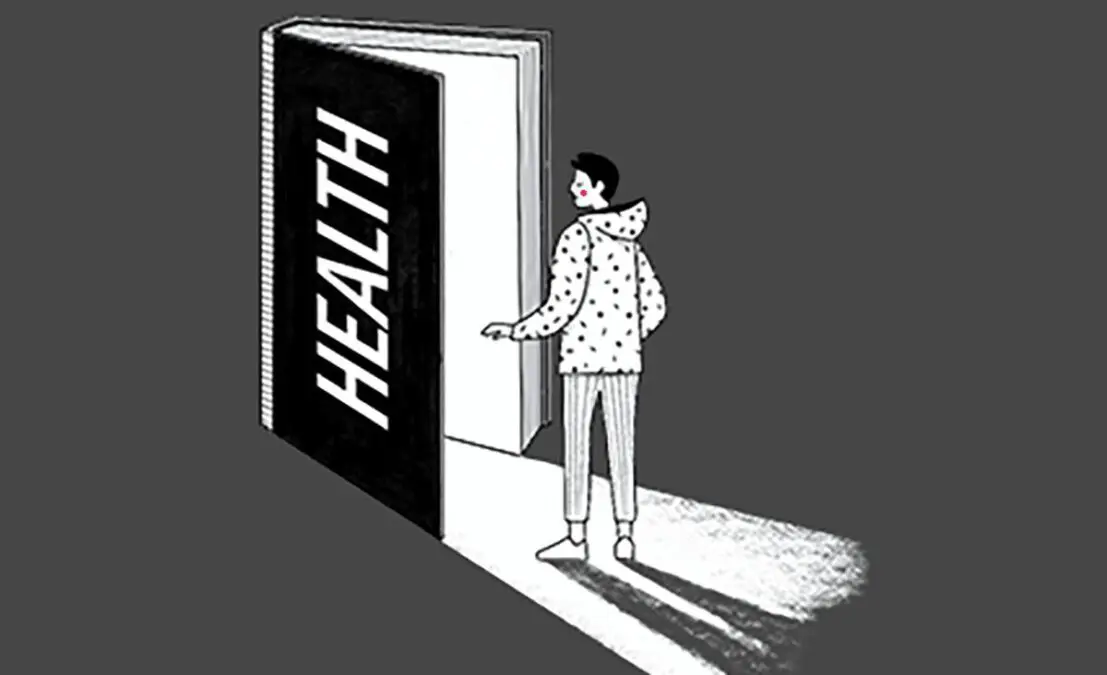Ever wonder why we don’t eat and drink what is good for us, exercise regularly or follow the advice of public health authorities on getting vaccinated? The new WHO web-based knowledge hub of behavioural and cultural insights (WHO BCI-Hub) provides a one-stop-shop for those interested in the complex question of how our health is impacted by who we are, what we know and what we do. It also provides background on the barriers to and drivers of healthy behaviours and practices.
“The Knowledge hub is a great resource that will allow country stakeholders, colleagues and partners to understand behavioural and cultural insights. A one-stop-shop for all those interested in our area of work has not been available before, and we are happy to close this gap,” said Katrine Bach Habersaat, Regional Advisor, BCI.
In addition to inspirational videos, podcasts, reports, toolkits and other resources, users of the WHO BCI-Hub can search for specific products and case examples from research to implementation. The hub provides an opportunity to show how BCI can be used across a range of areas to improve health and well-being.
WHO/Europe needs your help to grow the site even more, so please reach out to us at info@bci-hub.org with any reports, videos, podcasts or anything else that you think deserves a space on the site. Over time, as the content featured on the site grows, there will be more opportunities to explore how BCI have been used in focus areas, countries or resources.
Behavioural factors, including social and cultural aspects, account for an overwhelming 60% of the determinants of health, compared to medical care, which accounts for just 11%.
Insights into BCI are profoundly changing the way we work with public health issues such as antimicrobial consumption, vaccine acceptance, mental health and health literacy. Furthermore, we have seen the application of BCI in real time as a complement to medical and epidemiological sciences in the response to the COVID-19 pandemic.
The first phase of the WHO BCI-Hub, developed by the WHO Collaborating Centre for Culture and Health at the University of Exeter in collaboration with the Behavioural and Cultural Insights flagship at WHO/Europe, goes live this week.
To find out more about the BCI-Hub, watch the short video below or visit the BCI-Hub website.







